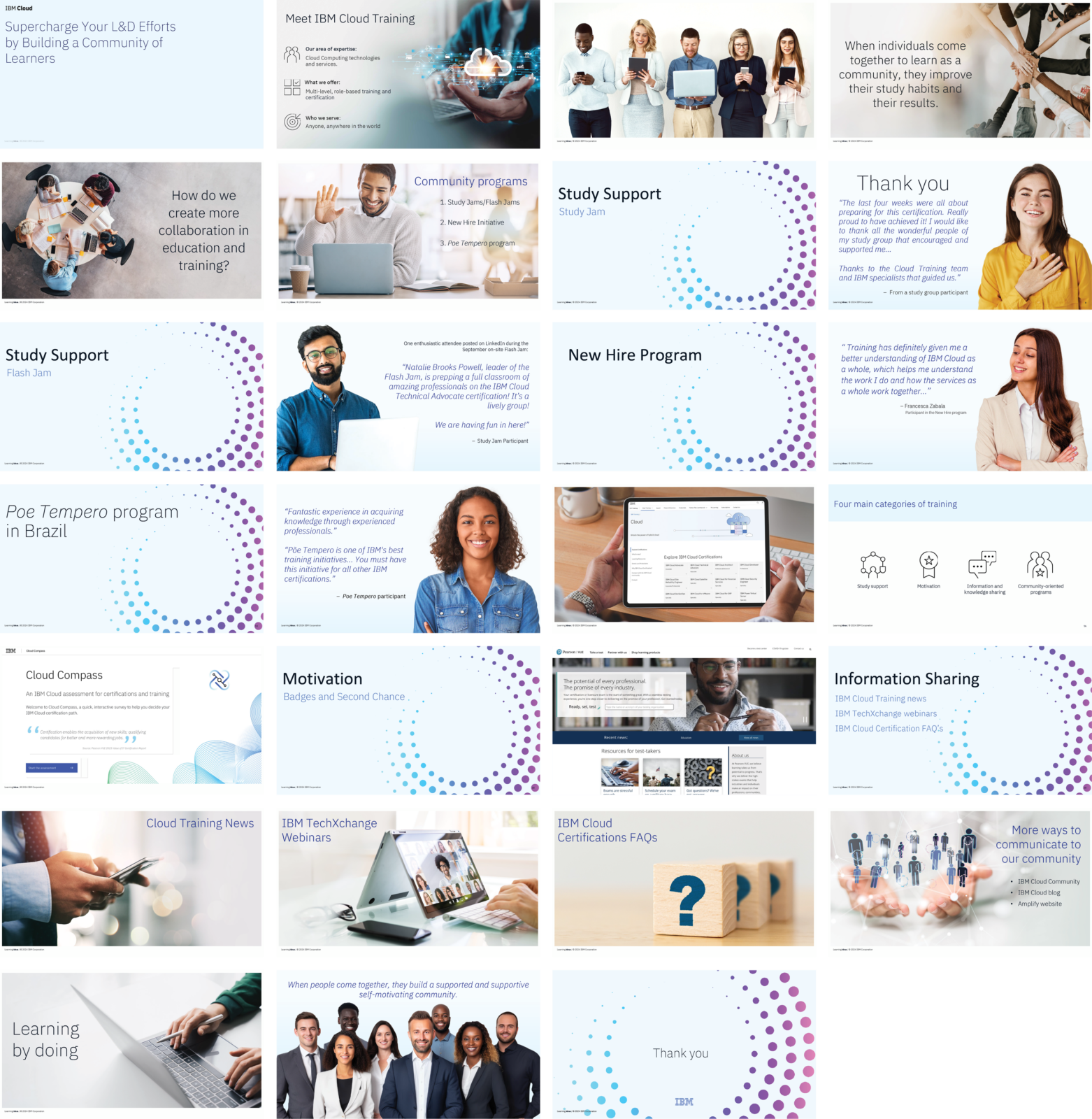From grocery stores to medical practices, the dramatic shift in customer expectations is changing the face of American business. Customers want services when and where they want them—and they want to be able to quickly schedule those services, often using their smart phones. For physicians, that can mean a dramatic shift in delivery of care.
Around the country, businesses are springing up that offer medical care at home, scheduled through your smart phone. Heal is a smartphone app that lets people schedule an in-home visit from a family doctor or pediatrician. The doctor arrives in 20 to 60 minutes and charges a flat fee of $99. Available in L.A. and San Francisco, the company says it will expand to 15 cities nationwide this year. Pager is a similar app that operates in New York City and offers a $50 first-time home visit. Prices go up after that initial consult with a regular visit costing $200. If you live in the Chicago/Milwaukee area, you can use Go2Nurse, specializing in the two ends of the healthcare spectrum—pregnancy and newborn care or elder care. Better known is Doctor on Demand, an app that lets doctors and patients connect through video. (You won’t be seeing this app in Texas, since the Texas Medical Board has imposed restrictions on telemedicine services.)
While these new delivery methods are competition for office-based medical practices, they also offer the opportunities for physicians and nurses to work part-time for these companies, supplying care to another type of patient. Rather like driving for Uber in your spare time, medical professionals could potentially become part of this on-call, in-home trend, while still maintaining their office practices.
Obviously, scheduling something you need/want through an app is a little different when you’re ordering paper towels and saltines versus requesting a housecall from a physician. And services such as Heal and Pager shouldn’t be relied on for emergencies that could be life-threatening. Using these services also erodes some of the major tenets of modern medicine—the belief that the physician/patient relationship improves the quality of care and the justifiable concern physicians have about continuity of care.
Historically businesses held a lot of power in the customer/business relationship. A business decided what service it would offer, how it would supply the service, and what it would charge. Now customers have seized much of the power in the relationship—and that can mean companies—whether it’s a dry cleaners or a physician’s office—need to reconsider how they can deliver their services to a new consumer who wants it now.




